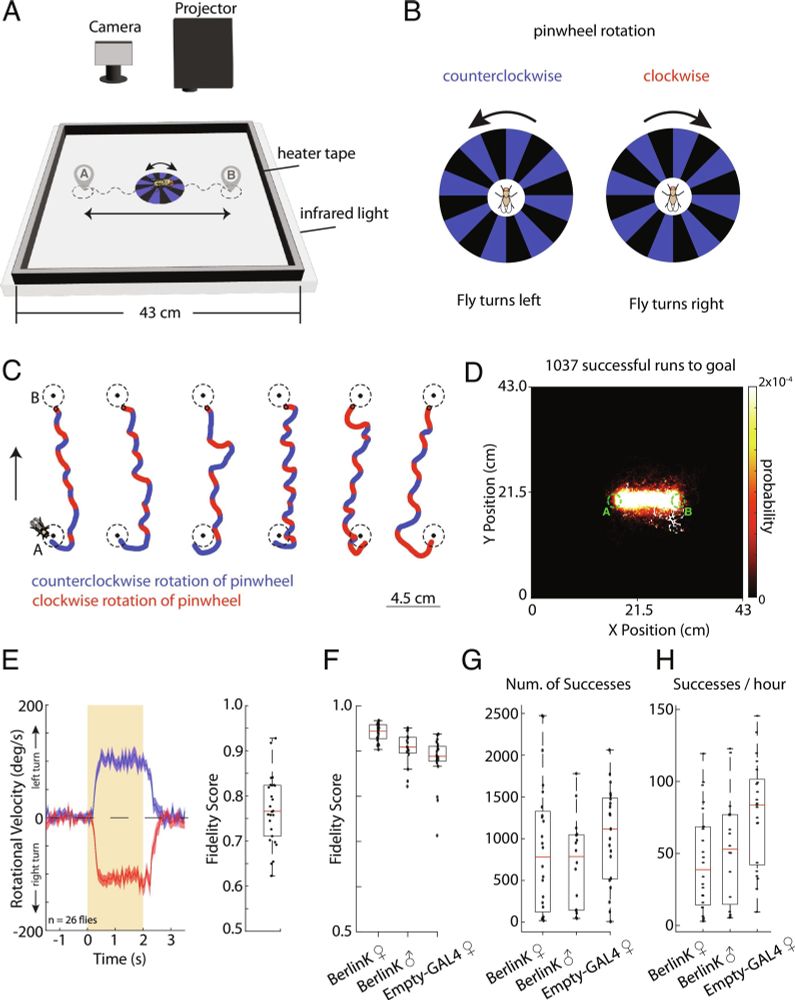Meet MetaEdit: a platform for pathway-scale metagenomic editing inside the gut microbiome. science.org/doi/10.1126/...

Meet MetaEdit: a platform for pathway-scale metagenomic editing inside the gut microbiome. science.org/doi/10.1126/...
The proliferation of SUVs is one aspect of “carspreading,” whereby cars are becoming steadily larger over time and with this comes potential harms to health 🧵
www.bmj.com/content/391/...

The proliferation of SUVs is one aspect of “carspreading,” whereby cars are becoming steadily larger over time and with this comes potential harms to health 🧵
www.bmj.com/content/391/...
In this review, we look at the many opportunities for synthetic biology to be used in the research and applications of Holobionts.

In this review, we look at the many opportunities for synthetic biology to be used in the research and applications of Holobionts.

We just published in @natbiotech.nature.com:
👉 Targeted DNA ADP-ribosylation triggers templated repair in bacteria and base mutagenesis in eukaryotes
doi.org/10.1038/s415...

We just published in @natbiotech.nature.com:
👉 Targeted DNA ADP-ribosylation triggers templated repair in bacteria and base mutagenesis in eukaryotes
doi.org/10.1038/s415...

www.helmholtz-hiri.de/en/newsroom/...
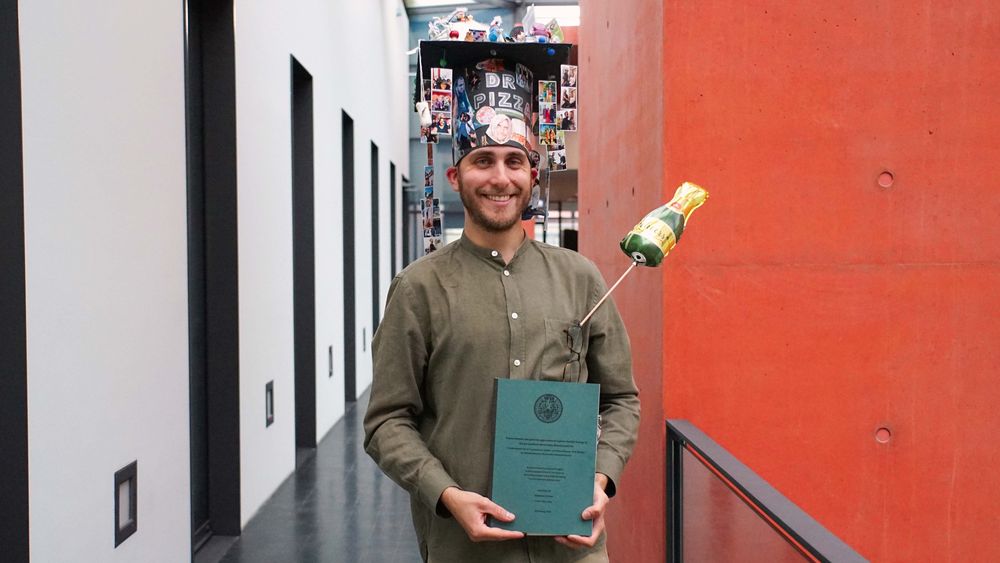
www.helmholtz-hiri.de/en/newsroom/...
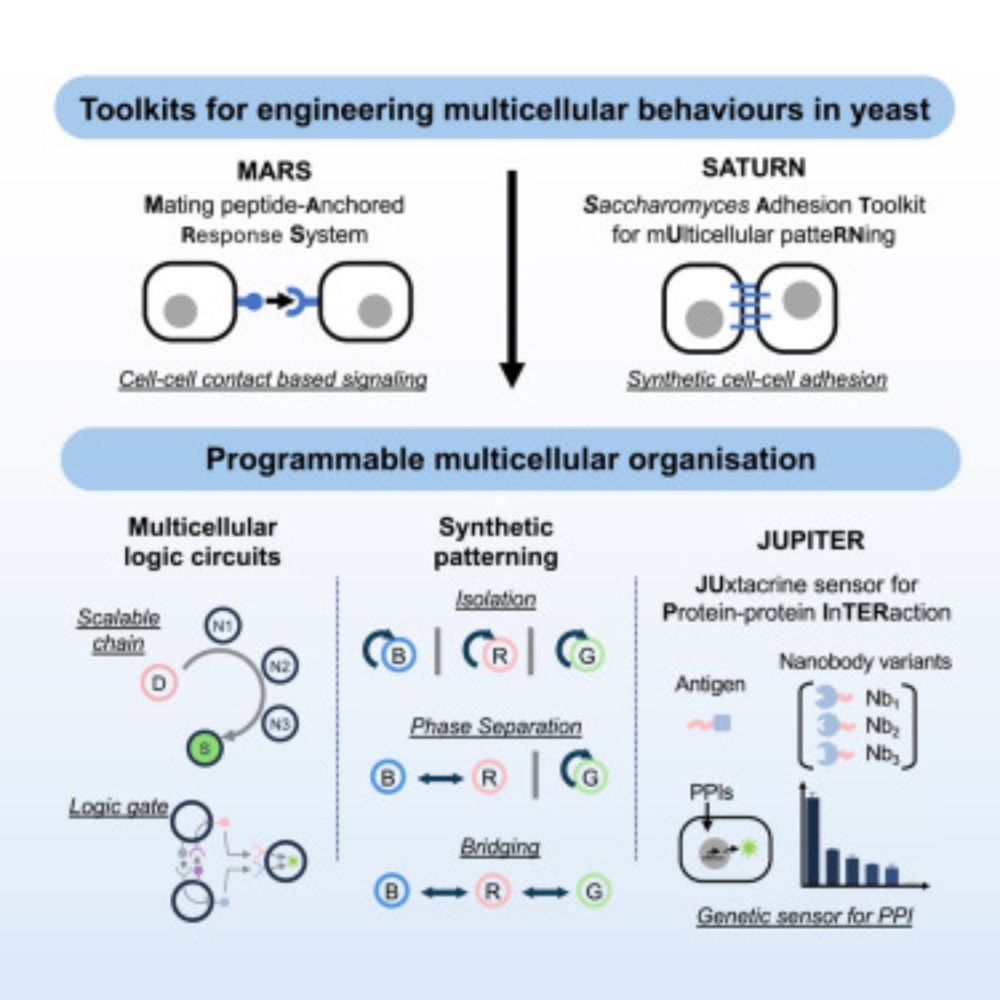
Many thanks to people @westermannlab.bsky.social and Alex in particular for the support, supervision and, eventually, nomination.
Many thanks to people @westermannlab.bsky.social and Alex in particular for the support, supervision and, eventually, nomination.
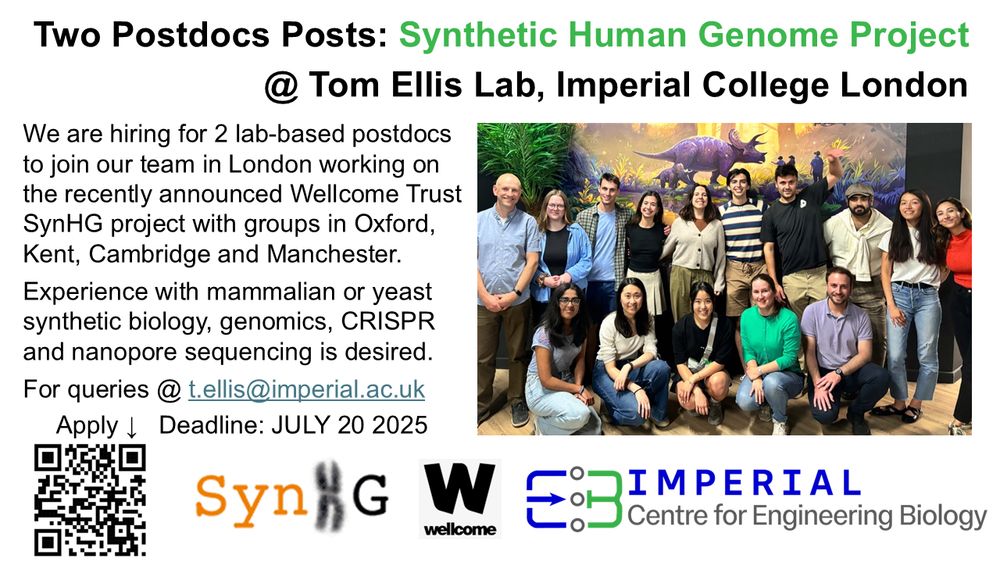

We used a low-input RNA-seq protocol to dig into what drives cell shape differences in Bacteroides thetaiotaomicron.
Congrats and big thanks to all co-authors 🧫🧬.
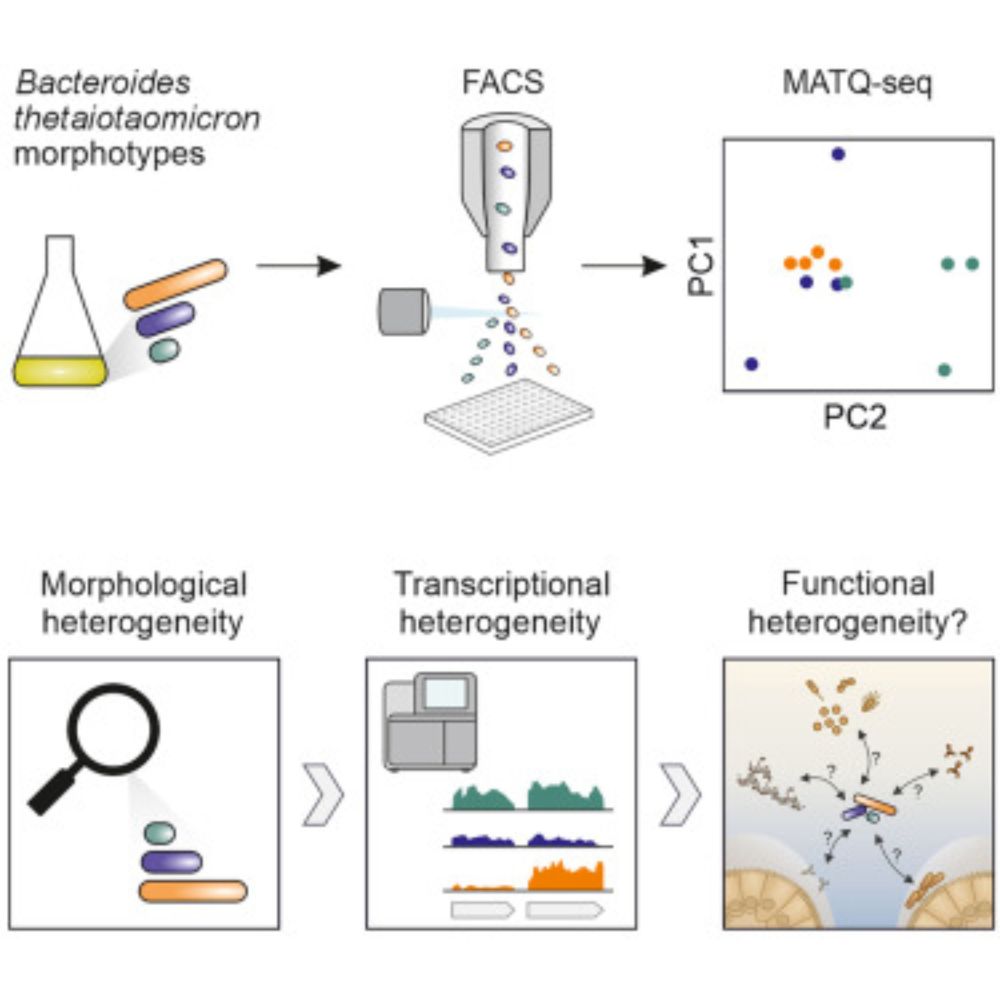
We used a low-input RNA-seq protocol to dig into what drives cell shape differences in Bacteroides thetaiotaomicron.
Congrats and big thanks to all co-authors 🧫🧬.
Shoutout to @elisebor.bsky.social, @emmanuel-saliba.bsky.social, @lbarquist.bsky.social, @jorg-vogel-lab.bsky.social, Till Strowig & KC Huang.
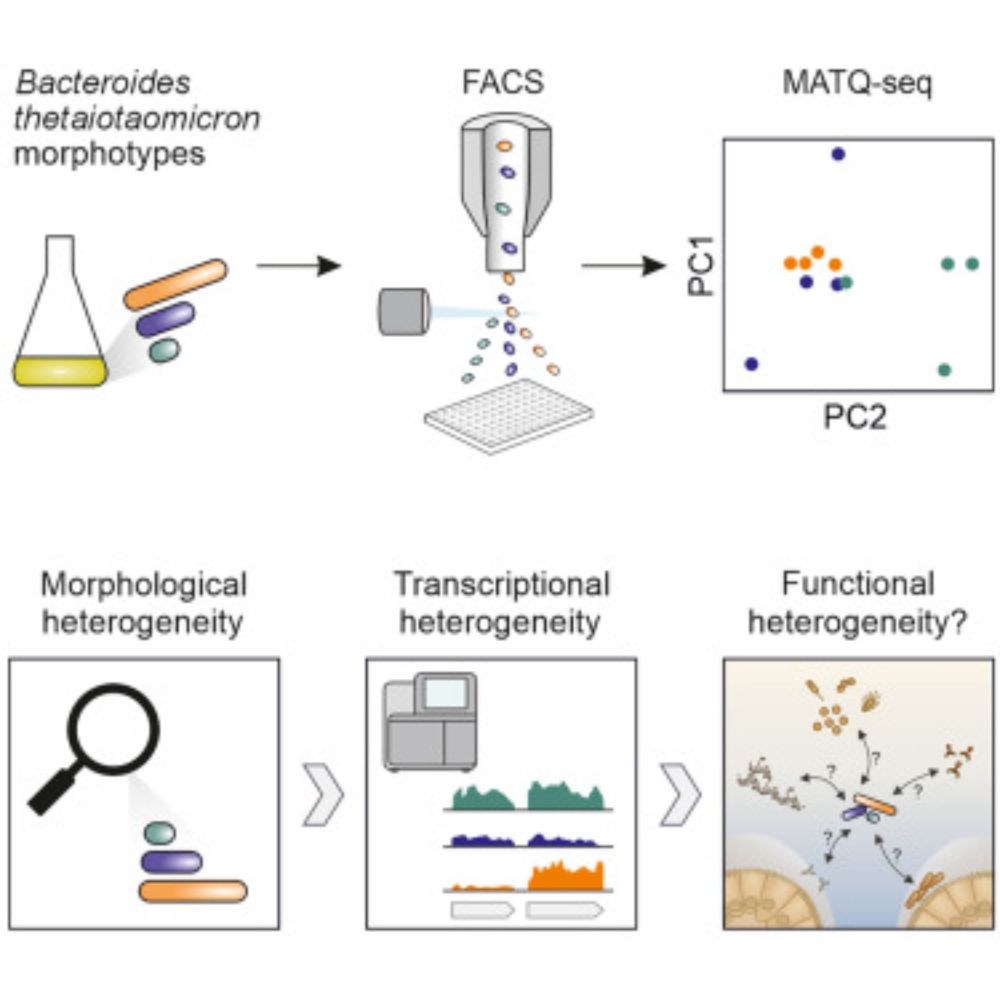
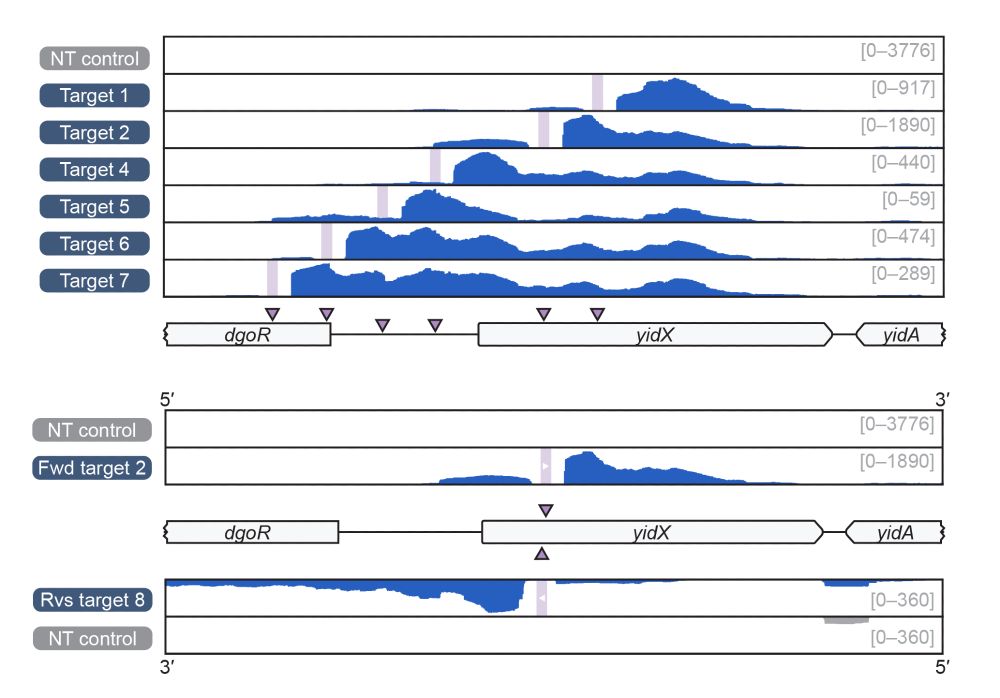
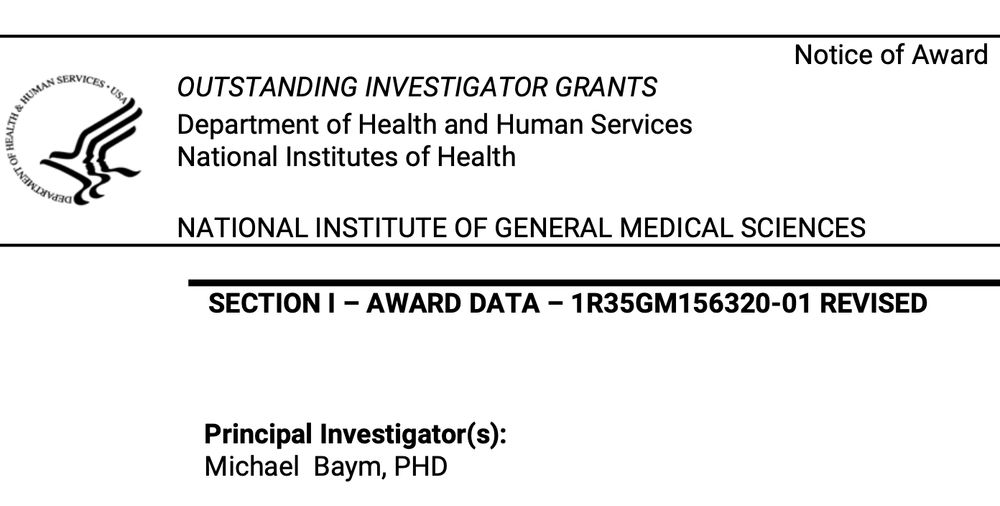
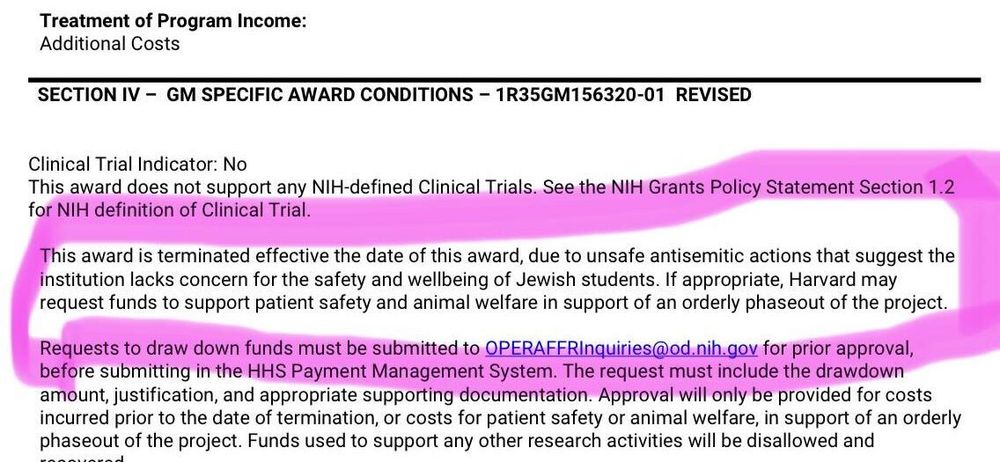
Measurements of molecular size and shape on a chip | Science www.science.org/doi/10.1126/...
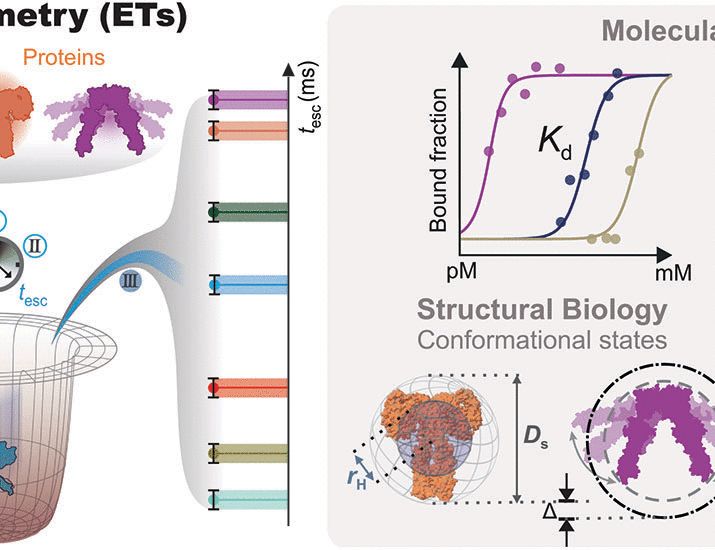
correlations between the true distances and distances in the Bonsai representation are close to 1 for almost all cells.
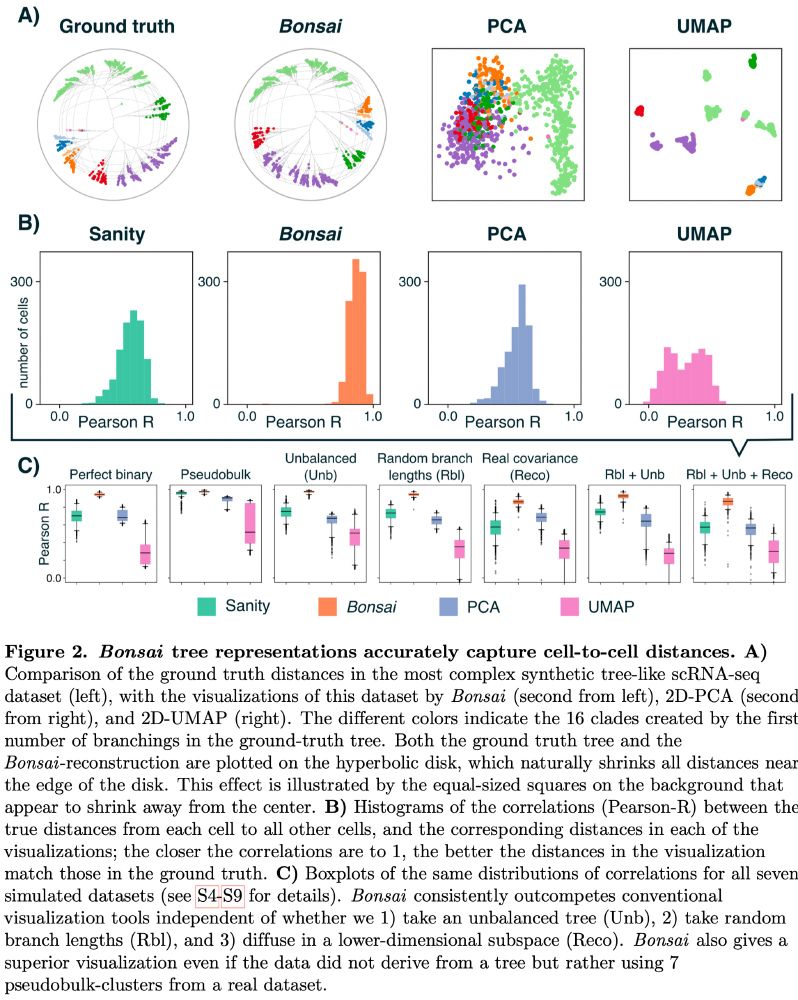
correlations between the true distances and distances in the Bonsai representation are close to 1 for almost all cells.
Until perhaps now
Check out our latest publication in @natmicrobiol.nature.com to see how we designed an exclusive microbial reliance using GCE
rdcu.be/ekepI
1/2
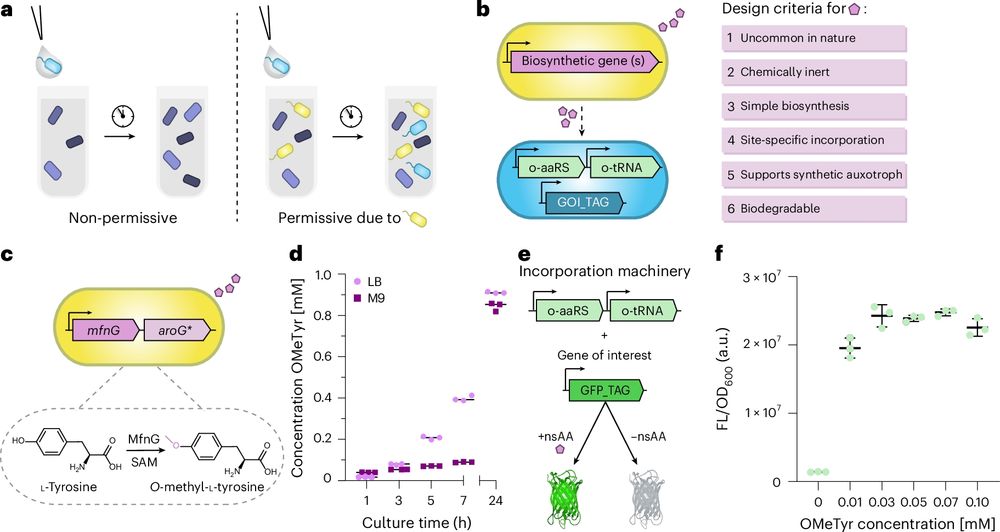
Until perhaps now
Check out our latest publication in @natmicrobiol.nature.com to see how we designed an exclusive microbial reliance using GCE
rdcu.be/ekepI
1/2
rdcu.be/ehORO
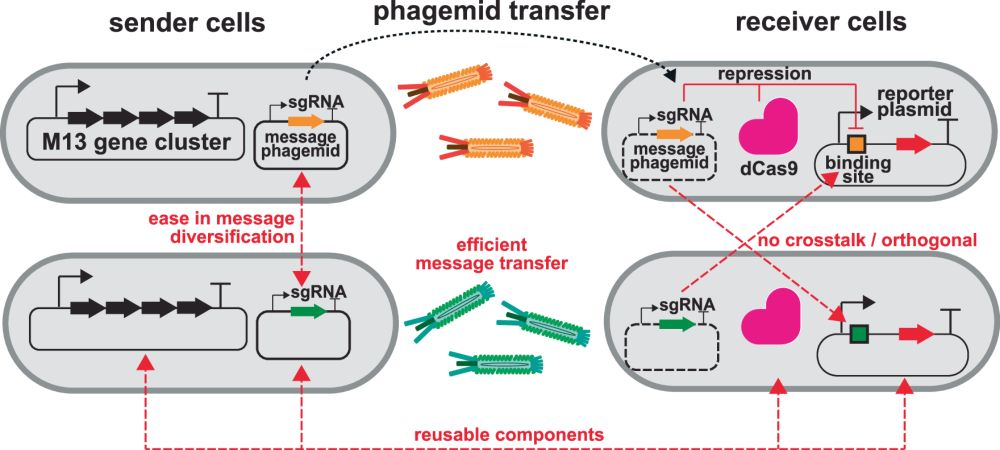
rdcu.be/ehORO
Sidor et al. PNAS take a single enzyme from a marine sponge and express it in E. coli, conferring the ability to self-assemble bioglass from silica precursors present in ocean water
End result? Living, light-focusing microlenses that persist for months
Cheap, durable photonics
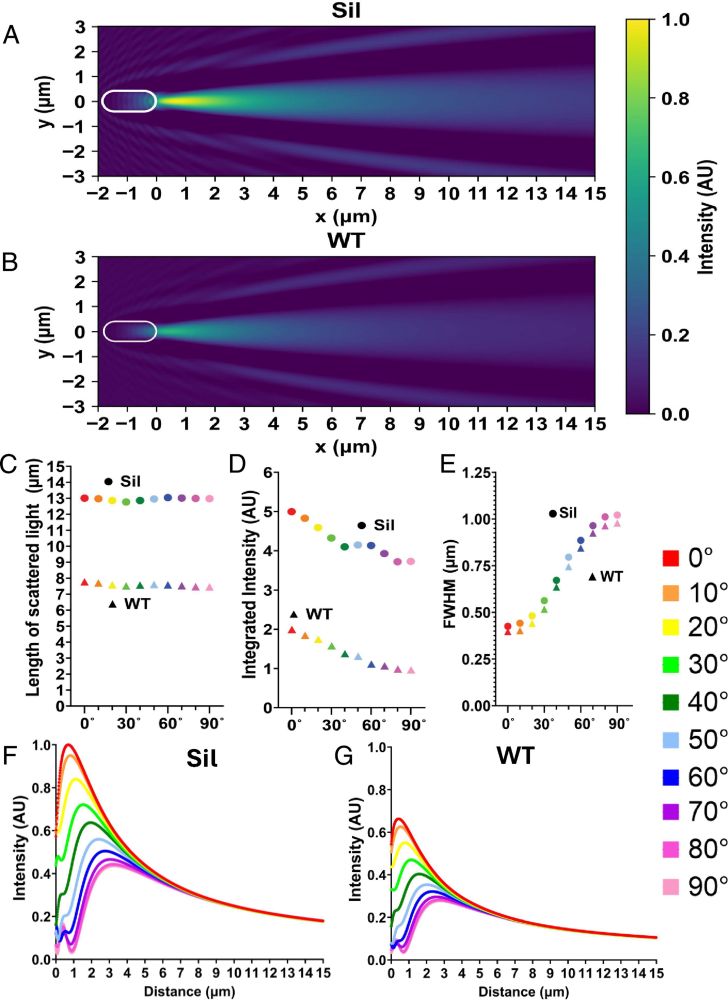
Sidor et al. PNAS take a single enzyme from a marine sponge and express it in E. coli, conferring the ability to self-assemble bioglass from silica precursors present in ocean water
End result? Living, light-focusing microlenses that persist for months
Cheap, durable photonics
www.nature.com/articles/s41...
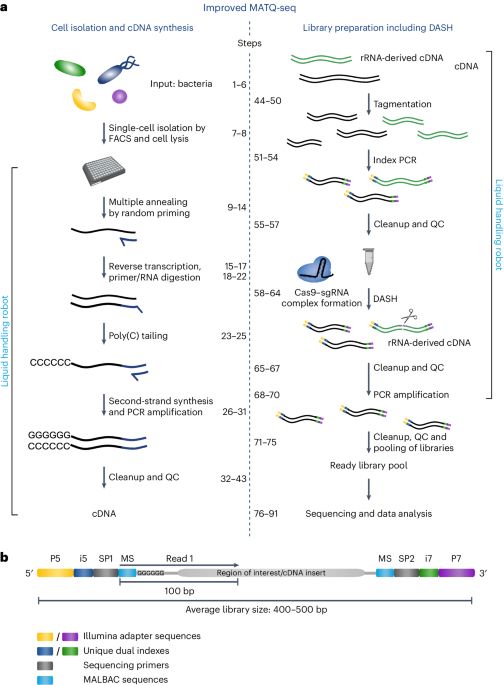
www.nature.com/articles/s41...


